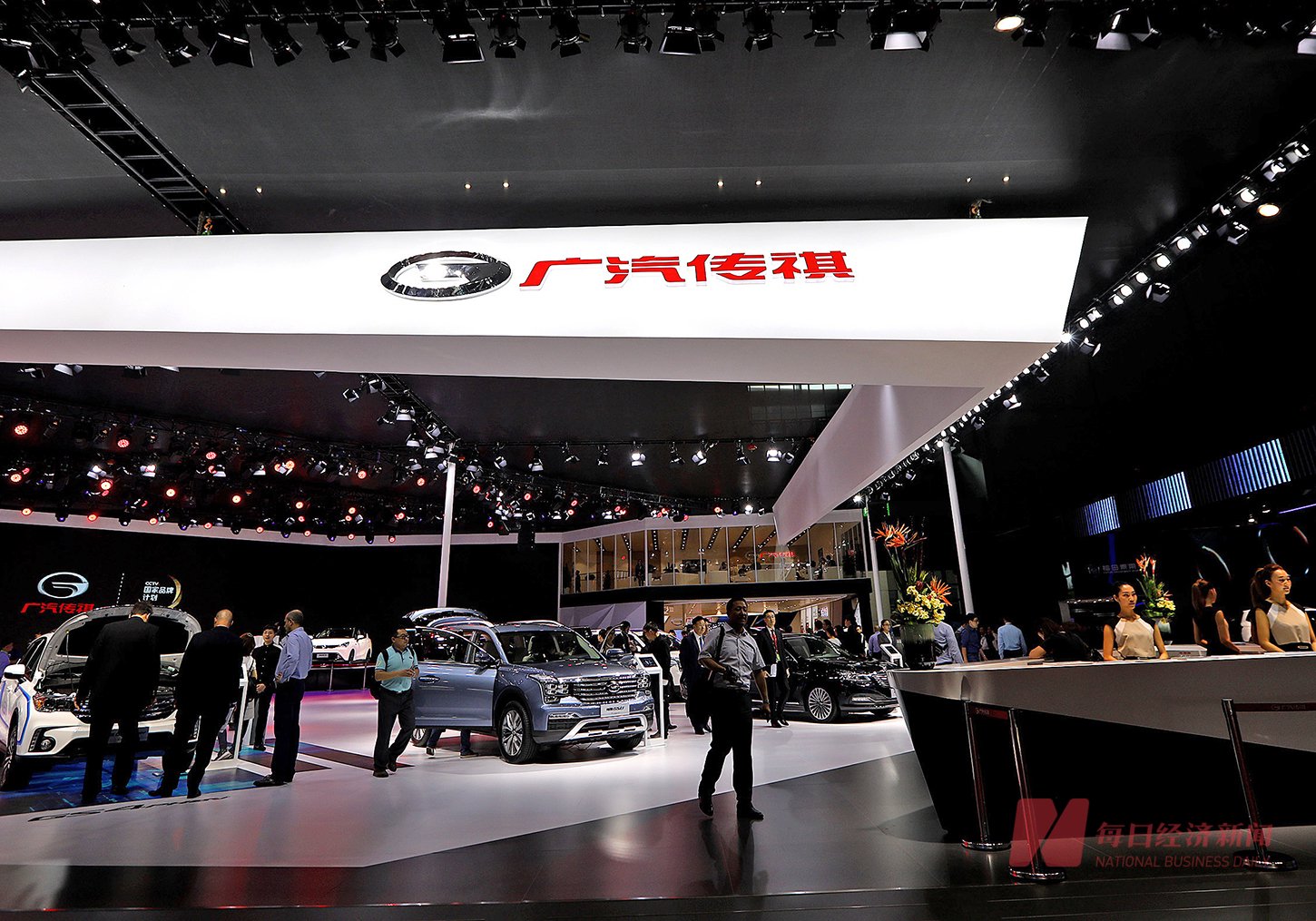Recently, GAC Group announced that its sixth board of directors approved a proposal on management model and organizational reform. The group will shift the management model for its independent brands from strategic control to operational control. They will also implement related organizational reforms. This aims to create an efficient, flexible market mechanism and organizational system, reduce operating costs, and improve management efficiency and operational levels. GAC Group previously held a mobilization meeting at GAC Center for the management model reform and headquarters relocation. They emphasized the strategic significance of the reform and announced the relocation plan. According to reports, GAC Group headquarters will move entirely on November 2 this year to Panyu Automobile City, where GAC Trumpchi, GAC Aion, and GAC Research Institute are located. This relocation will support the operational control management model. Strengthening independent brand management is crucial. Currently, GAC Group faces significant challenges in revenue and sales. The group stated that the automotive industry is at a critical point of transition to smart new energy vehicles. Market competition intensifies, and GAC Group is undergoing adjustments and transformations. Regarding institutional reform, GAC Group mentioned in its 2024 mid-year report that it will implement comprehensive, in-depth management system reforms. This aims to enhance the efficiency of the organizational and governance systems, strengthen integrated operations in research, production, and sales, and establish a more streamlined, efficient, and flexible market mechanism.
Dongfang Securities stated in a report that as the penetration of new energy continues to rise and competition in the automotive industry intensifies, state-owned automotive enterprises face increasing competitive pressure. Deepening the reform of central state-owned enterprises and encouraging automotive companies to innovate and transition to new energy technology firms will become crucial for promoting high-quality development in state-owned automotive enterprises. From the recent management and organizational reforms, GAC Group focuses on independent brands. General Manager Feng Xingya said, “The competition landscape and market structure in China have fundamentally changed. As an automotive group, operating independent brands at the group level is necessary for development.” GAC Group further noted that the competitive landscape in China’s automotive market has undergone profound changes. The market share of Chinese brand passenger cars has surpassed 50%. The development of independent brands increasingly contributes to high-quality growth. Previously, GAC Group managed independent brands using a strategic control model. As competition evolved, the disadvantages of this model became apparent, necessitating an active adaptation to industry changes. GAC Group also emphasized its commitment to internationalization to address current challenges. Last year, GAC Group launched the “1551” internationalization strategy. This strategy aims to achieve a target of 500,000 units by 2030, establish a strong presence in five major overseas markets, and develop at least 12 strategic markets with annual sales of over 10,000 units. To achieve these goals, GAC Group began directly managing its international business last year. Feng Xingya explained, “This enhances our work efficiency and speeds up problem-solving. We have made significant progress in areas such as parts supply, product pricing, logistics efficiency, and product development.” In this context, GAC Group’s international business has progressed smoothly. The 2024 semi-annual report shows that during the reporting period, GAC Group exported 68,000 vehicles, a year-on-year increase of approximately 190%. In the first half of the year, GAC Group expanded into 26 new markets, covering a total of 68 countries and regions, with global sales outlets reaching 323.
At this year’s Paris Auto Show, GAC Group announced its European market plan. The company aims to introduce some products to European countries by the end of this year. By 2028, GAC plans to cover the entire European market. In terms of network services, GAC will complete the construction of European transit warehouses by 2025. This will improve the efficiency of parts supply. By 2028, GAC will gradually establish a market support system covering most European countries. Notably, unlike some automakers that sell cars directly overseas, GAC accelerates international sales while promoting local production and industry ecosystem expansion. The company implements a dual strategy of “complete vehicle export + local operations.” For example, GAC allows GAC Aion to operate directly overseas as a main manufacturer. “This year, our factories in Malaysia and Thailand have started production. We are actively exploring more opportunities. By setting up factories in these regions, we will begin with assembly and aim for complete vehicle exports in the first year. We will gradually shift to local production, accelerating our internationalization,” said Feng Xingya.

